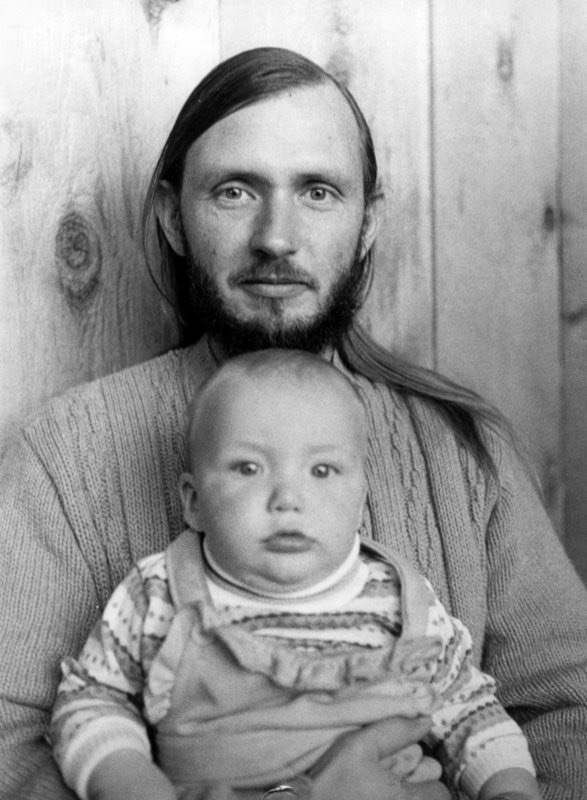An Approach for Every Challenge
Many readers will know that Ananda Village was mostly destroyed by a huge forest fire in 1976. Devi and I were new parents with an eleven-day-old infant when the flames devoured our home, our clothes, and virtually all our possessions. In meditation this morning I was remembering that day and contemplating some of the cherished lessons I learned.
It was June 28, 1976. Our first awareness of danger was when we saw smoke arising from a nearby road. The summer was upon us, and the fields and forests had already begun to dry out. The hundred or so members of the community were at first merely vigilant, then concerned, and finally aroused into action. The winds were blowing the fire uphill through knee-high grasses, and in our direction. About twenty of us gathered on a road at the crest of the hill with rakes, hoes, and whatever firefighting equipment we had at our disposal. I had a small water-tank backpack with a pump and nozzle, which we kept handy in case a chimney fire broke out in our house.
The fire was creeping steadily up the hill toward us, waist-high flames spread across the terrain. For some inexplicable reason I decided that it would be a good idea to go down the hill, meet the flames head on, and slow them down with my pumper. As I approached, however, I realized that the flames were moving much faster than I’d thought, and much faster than I could run up the hill. In a moment I realized my safest bet was to jump through the wall of flames into the already burned area. This may have saved my life, and it also steeled my determination to fight.
I then returned to our house. It was a small geodesic dome with a leaky roof, but it was home for our little family. I was completely focused on digging a little perimeter trench when a young member of the community drove up shouting, “You have to leave. The flames are in the trees. There’s no chance to save your house.” Only then did I realize the unstoppable force of nature unleashed. Devi, meanwhile, had taken our infant son to the doctor for his first checkup. That morning she had packed up the items from our meditation room, intending to clean it when she got home. In the few remaining moments, this was all I could save.
When I finally emerged from the smoking hillside, I found Devi standing there, obviously alarmed, not knowing whether I was alive or dead. My first instinct was to comfort her and do what I could to de-escalate the alarm while still letting her know that our home was gone. My first words, some of the best I’ve ever spoken, were, “Well, we don’t have to worry about those leaks anymore.” We comforted each other and soon realized that our baby’s real home was built from the threads of love in our hearts.
As I contemplated that fateful event I realized that there were different approaches to working with the challenges presented by the fire, each of which was valid. The same is true for the spiritual tests we face.

Confront it head-on. If the challenge seems small enough to overcome, our growth lies in confronting it. Spiritually, it may be the fires of anger or the fear of loss that has to be faced. We will each draw our own test to conquer, sized just right for us.
Accept, surrender, and move on. Many of life’s issues are too big for us to change. Politics, economics, pandemics, and weather are all things that we can’t fight individually. The best approach here is just to accept conditions as they are, surrender ourselves to the goodness of God, and move on. This is harder than it seems, since it involves overcoming the reactive process. It will help if you can remember that it is all a dream of God.
Think of others. Finally, the best spiritual approach in almost all situations is to forget about yourself and your “needs.” Think about the welfare of others. Self-forgetfulness broadens the human heart and opens up space for the all-healing flow of love. It then becomes possible to offer up the little love that is in us into the infinite love of God.
In the fires of devotion,
Nayaswami Jyotish